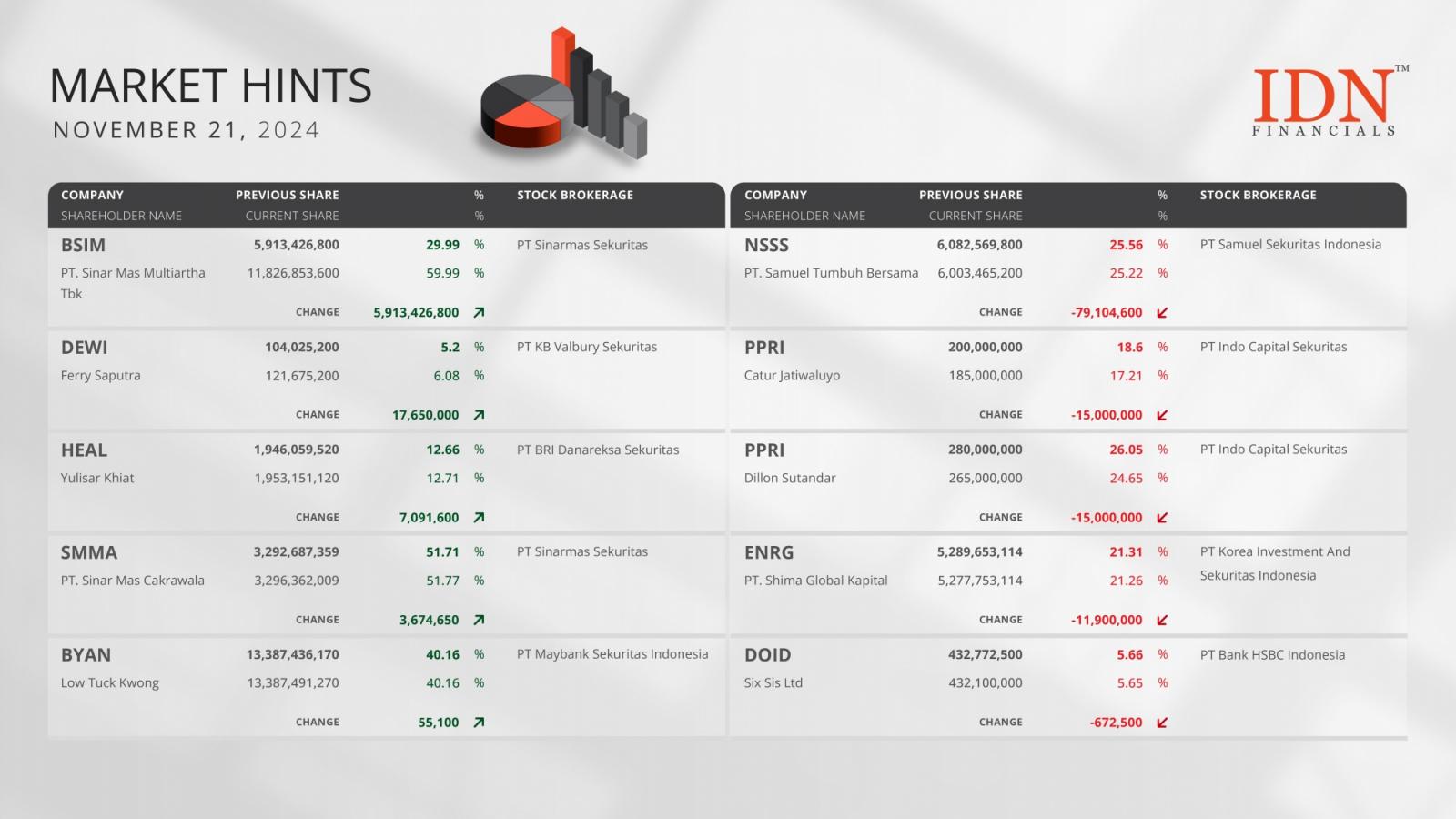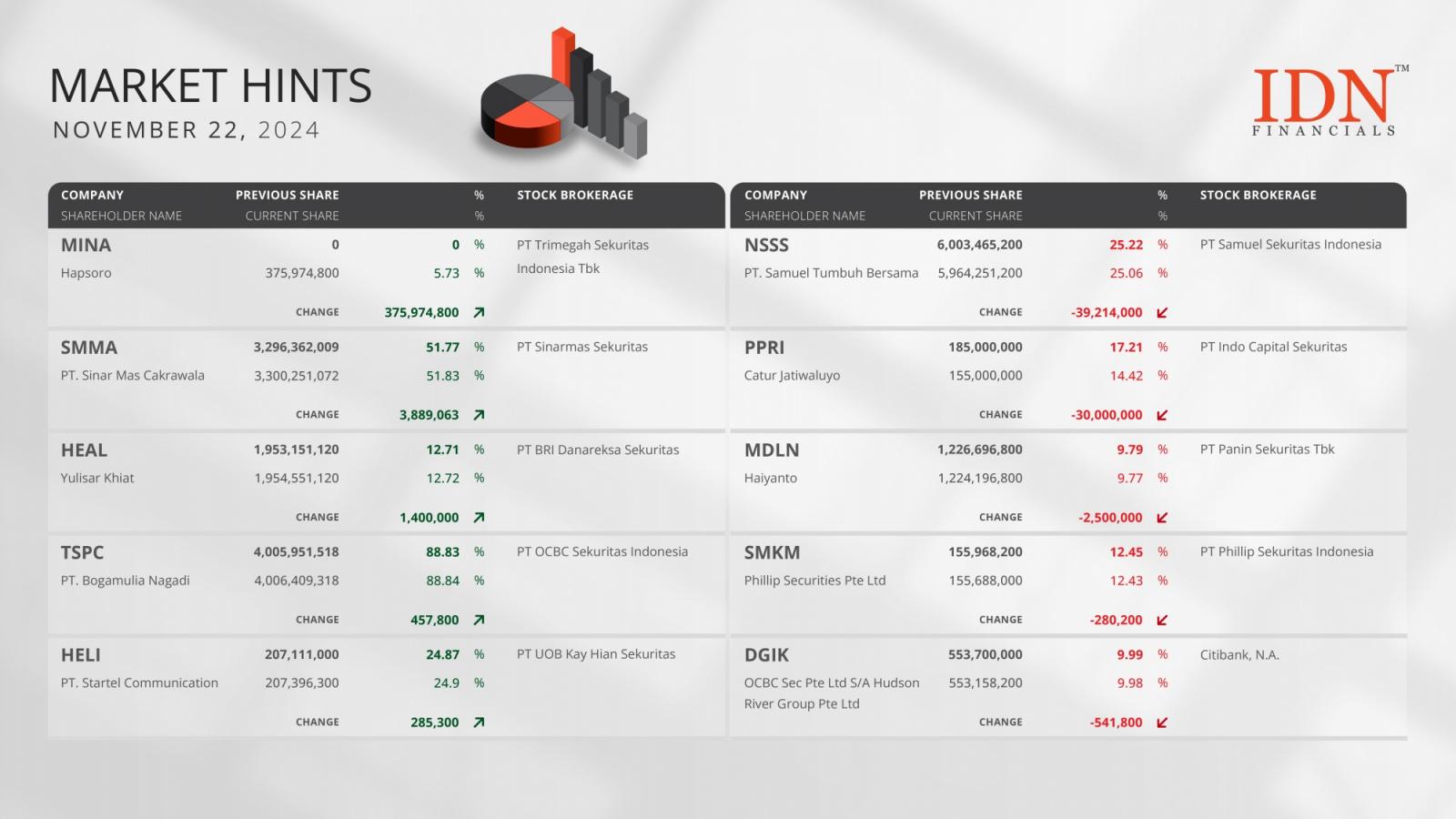South Korea’s rate cuts may encourage broader crypto adoption amid low-yield environments and strengthened regulatory integration.Government crypto policies, including targeting tax evaders and ETF reviews, highlight South Korea’s push for a robust digital asset ecosystem.
South Korea’s central bank recently made a key move by cutting its benchmark interest rate for the second time in a row, lowering it by 25 basis points to 3.00%. Following another quarter-point drop in October, this action marks the first consecutive rate decrease since 2009, according to Yonhap News.
The Bank of Korea’s measures reflect both internal stagnation and global uncertainty as inflation slows down faster than expected and estimates of economic growth are lowered.
Although the immediate effects are noticed in traditional financial markets, such as rising government bond futures and a declining won versus the U.S. dollar, the wider consequences for the adoption of crypto in South Korea and the region are worth looking at.
Lower Interest Rates Spark Interest in Crypto as a Viable Investment Alternative
Particularly as conventional savings yields drop, lower interest rates can encourage people and businesses to investigate other investment paths. One particularly interesting choice is cryptocurrency because of their possible rewards and growing influence into South Korea’s legal system.
Targeting tax evaders and examining rules for cryptocurrency exchange-traded funds (ETFs), the South Korean government’s recent efforts to include crypto holdings into financial oversight—have built the foundation for a more strong digital asset market.
These changes, along with the present state of monetary policy, could hasten interest in crypto as a low-yield alternative against economic uncertainty.
Furthermore, the regional setting lends still another level of relevance. Given the worldwide movement toward digital currencies, South Korea’s proactive stance toward crypto regulation and innovation could inspire surrounding nations to follow like policies.
The nation’s rising crypto infrastructure and leadership in blockchain technologies point it as a possible Asian center for digital assets. The monetary policy actions of the central bank may unintentionally increase the attraction of decentralized financial systems as it negotiates the difficulties of balancing economic growth and stability.
Previously, as CNF reported, if debt remained unpaid by November, Paju City warned tax offenders of approaching crypto asset confiscation. Targeting tax avoidance and looking over ETF rules, South Korea’s incorporation of crypto assets into its legal and financial systems





